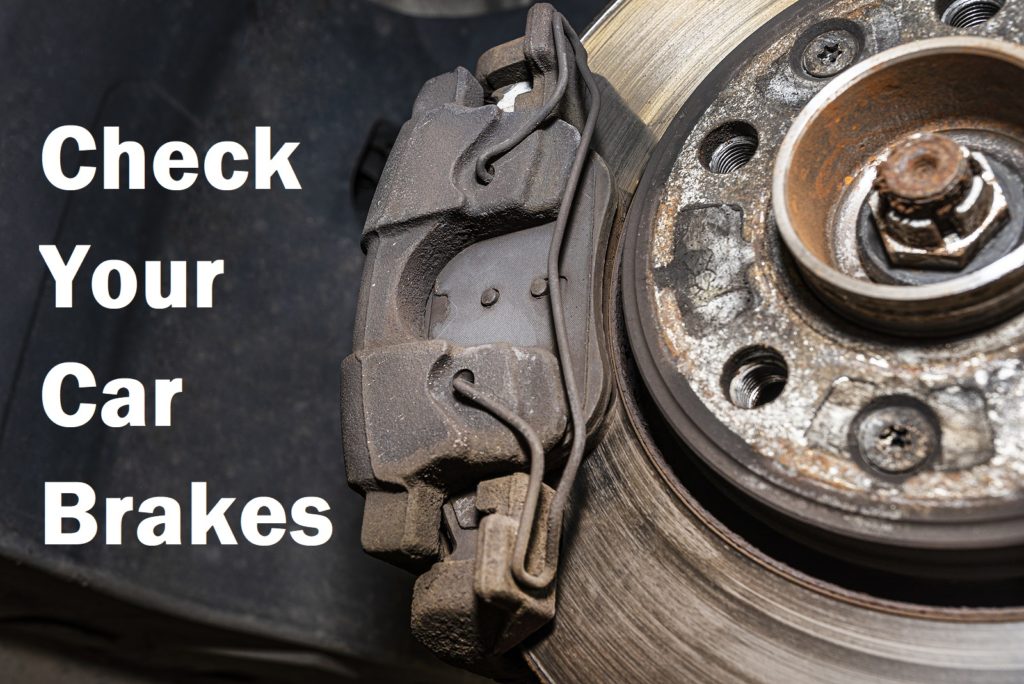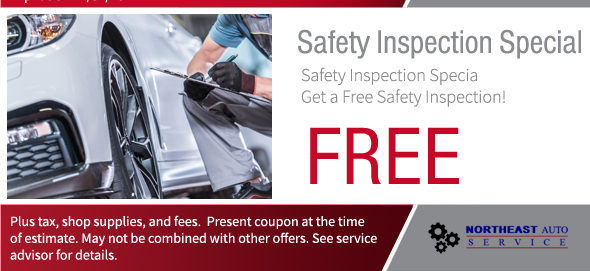Although life would be a little easier if your vehicles didn’t require so much routine care and maintenance, our own safety and financial soundness relies on regular car care. When it comes to your vehicle’s brake lines, nothing could be more important to check on a regular basis. After all, the most important quality to a car is arguably its ability to stop. Safety and assurance are two key factors as to why drivers of all ages are continuously encouraged to get regular inspections and maintenance for car brakes and brake lines.
Continue reading to learn what you need to know about automotive brake care, and how a quick brake inspection can set you up for safer summer driving.

About Automotive Brake Repair and Maintenance
Car brakes, just like various other vehicular components, need to be replaced to avoid further complications and damages. Neglecting to care for your brakes can lead to more serious and costly repairs. Brake pads, rotors, hydraulic clamps, fluid lines, and more all make up a modern day vehicle braking system. Be sure to have your car or truck brakes inspected and addressed before the summer road takes you away for the season!
Here are the most important factors to consider, and areas to inspect, when preparing for automotive brake maintenance and repair.
☑ Brake Pads
☑ Brake Rotors
☑ Brake Lines
☑ Brake Fluid
☑ Hydraulic Clamps
☑ Bolts
If you take a knee and peer into the hubcap of your vehicle’s wheel, you can visually see the brake pads and rotor. The rotor is the flat rounded metal disk, and the brake pad is the cushion-like rounded pad the sits against the rotor. These should be replaced every few months, depending on the amount of driving you do on a daily basis. Consult with a licensed mechanic for accurate industry advice, service, and assistance.
Address Brake Problems Upon Detection
In between routine factory scheduled maintenance, you will need to stay on top of any repairs you might need. In order to determine the condition of your car brakes without being a professional mechanic, simply look for some common signs. When your car brakes are in faulty condition, they will likely warn you somehow. For example, when car brakes squeak when you apply pressure, this is an indication that your brake pads are wearing thin. But it can also mean a variety of other things as well. This is where a professional mechanic can help; they can accurately diagnose any brake problem.
Do your car or truck brakes need some professional attention? Contact Northeast Auto Service at 317-475-1846 for dealership-level car brake repair in Indianapolis, Indiana. Request a free estimate, today.
You Might Also Like:
How Often Should I Bleed My Car Brakes?
3 Auto Care Services to Ensure Brake Performance and Longevity
Common Types of Car Brake Fluid

